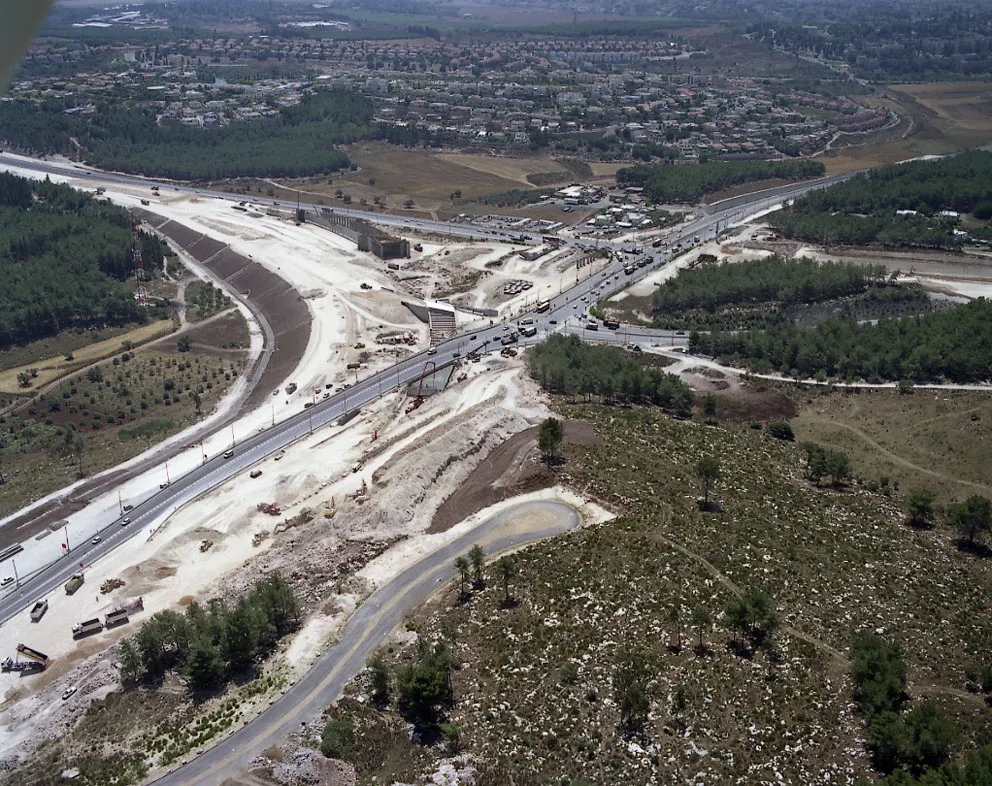The Greek highway sector looks set to receive muchneeded external funding from the EU for key project studies. Co-funding will be provided by the EU for studies into major infrastructure projects. A study investigating a section of the Ionian Highway between the multi-level junction of Egnatia and the town of Kakavia in Greece will receive almost €2 million in EU contribution. This will be provided under the 2010 TEN-T Annual Call. The co-funded study will set the stage for the construction of a four-lane h
May 10, 2012
Read time: 2 mins
The Greek highway sector looks set to receive much needed external funding from the EU for key project studies. Co-funding will be provided by the EU for studies into major infrastructure projects.
A study investigating a section of the Ionian Highway between the multi-level junction of Egnatia and the town of Kakavia in Greece will receive almost €2 million in EU contribution. This will be provided under the 2010 TEN-T Annual Call. The co-funded study will set the stage for the construction of a four-lane highway section to Kalpaki and for improvements for the two-lane road up to Kakavia. Once completed, the project will contribute to the completion of an important north-south infrastructure connection on Greece’s Western Axis. In addition, the new highway will improve connectivity for the Ionian Highway, the Egnatia Highway, Igoumenitsa harbour and north-eastern Greece to the developing areas of the northwestern Balkans and Albania. The plan aims to complete studies needed to tender the construction of the Ionian Highway (Western Axis) section, from the end of concession (multilevel junction of Egnatia with the Ionian Highway) to Kakavia. The national budget of Greece will provide €1,985,800 for the study while the EU contribution will be €1,985,800 and the total project cost is €3,971,600.
A study investigating a section of the Ionian Highway between the multi-level junction of Egnatia and the town of Kakavia in Greece will receive almost €2 million in EU contribution. This will be provided under the 2010 TEN-T Annual Call. The co-funded study will set the stage for the construction of a four-lane highway section to Kalpaki and for improvements for the two-lane road up to Kakavia. Once completed, the project will contribute to the completion of an important north-south infrastructure connection on Greece’s Western Axis. In addition, the new highway will improve connectivity for the Ionian Highway, the Egnatia Highway, Igoumenitsa harbour and north-eastern Greece to the developing areas of the northwestern Balkans and Albania. The plan aims to complete studies needed to tender the construction of the Ionian Highway (Western Axis) section, from the end of concession (multilevel junction of Egnatia with the Ionian Highway) to Kakavia. The national budget of Greece will provide €1,985,800 for the study while the EU contribution will be €1,985,800 and the total project cost is €3,971,600.






